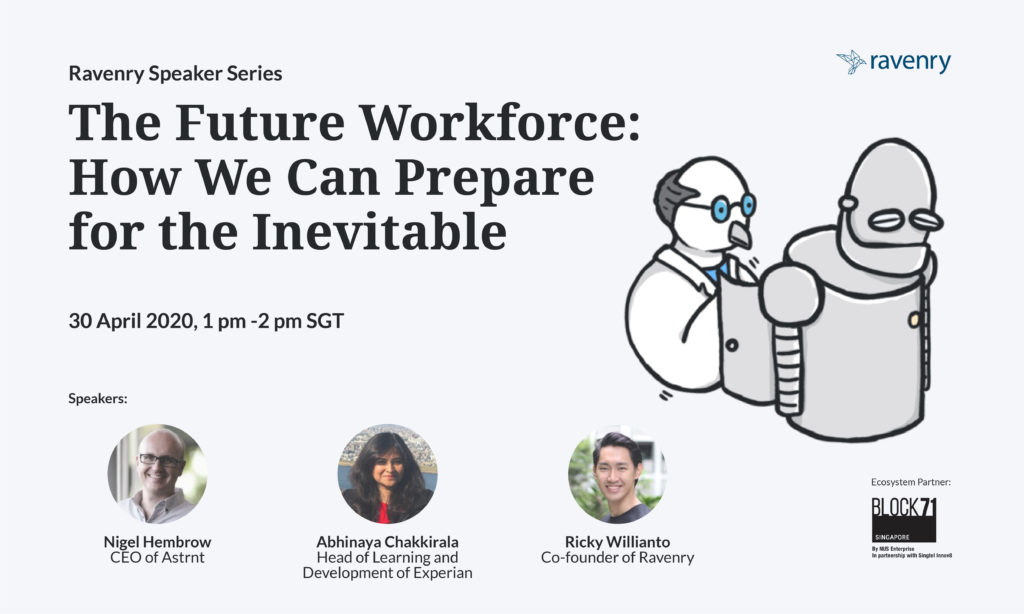How do you find the right freelancers for your project?

While there’s a lot of platforms out there that helps you find great freelancers, people seem to still have issues finding the right freelancers for their needs.
In the US alone, there is an estimated 57 million freelancers! In the developed markets, freelancers represent around 20% – 30% of the total productive demographics. Imagine having to sift through all these candidates for your project.
So what is the best way for you to find the right freelancers? Here are some tips.
Why work with freelancers?

Globally, it is estimated that 17.6% of the world’s working demographics are freelancers in 2018. By 2027, the proportion will reach an estimated 28% globally by a conservative estimate. Some industry players estimated that in some countries like the US, this proportion will reach 50.7% by 2027.
The rise of on-demand knowledge work

Companies spend millions of dollars generating or purchasing insights every year. In 2012, a report by McKinsey and IDC found that an employee spent an average of 8.8 hours searching for information and an additional 8.1 hours analysing it during a workweek. That equates to around 60 days per year of people spending time generating insights rather than executing on them. In dollar terms, those days are worth at least $12,500 per employee per year.
Ravenry Speaker Series: The Future Workforce

An exploration into the future of workforce: how organisations and talents need to evolve and what we can do to prepare ourselves right now. In Ravenry’s second speaker series, we will discuss and reveal insights on how organisations and talents can prepare for the future. We will present our findings about the key future skills, new working paradigms, organisational structure, and workforce models that might be pervasive in our future.
On-demand knowledge work is the future of work

As businesses transform itself for the future, we will discover that the future of on-demand work is one that is more befitting to knowledge workers. The question is are we able to transform the current army of on-demand task-based workforce into the future on-demand knowledge workers businesses will sorely need?

